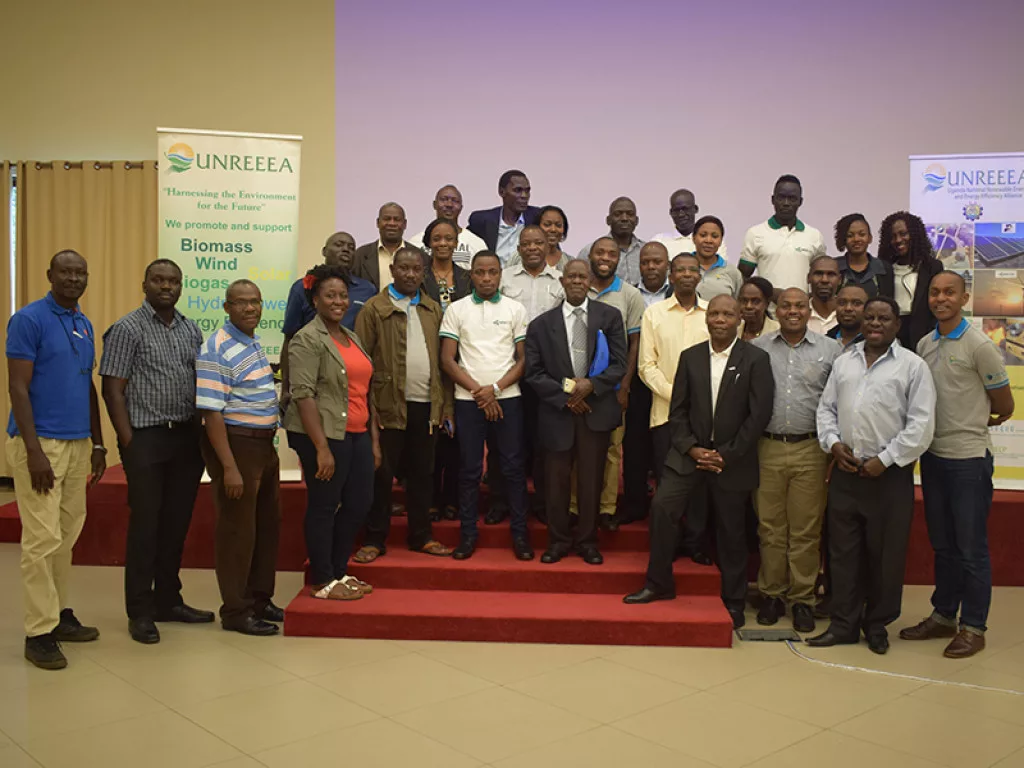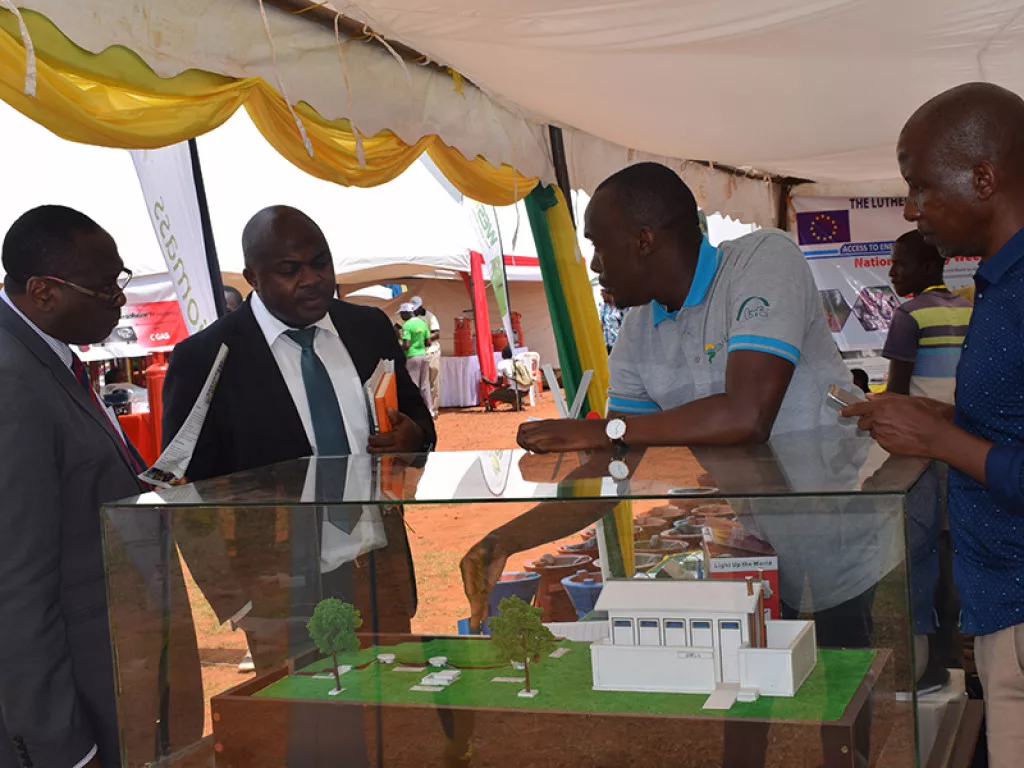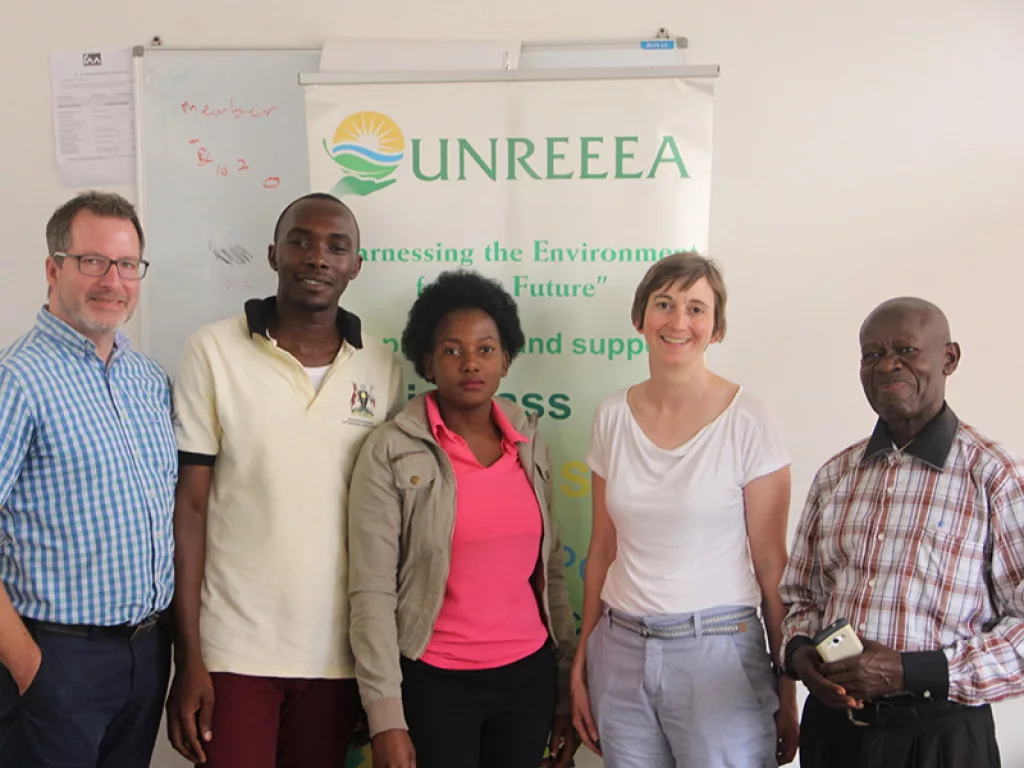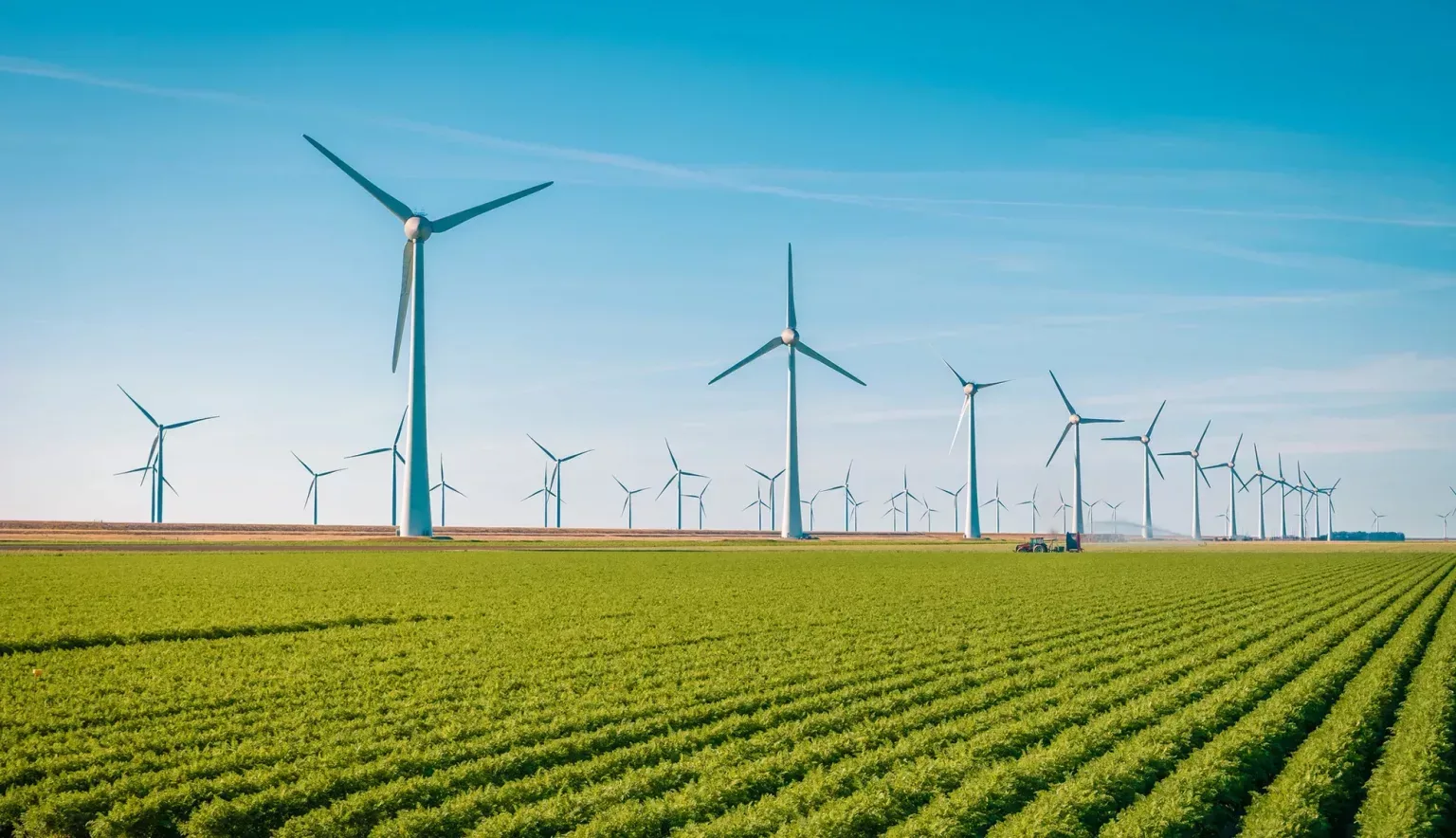Founded in 2014, the Uganda National Renewable Energy & Energy Efficiency Alliance (UNREEEA) endeavours to galvanise Uganda’s private renewable energy (RE) sector. Africa Outlook spoke with Esther Nyanzi, CEO at UNREEEA, to learn more about the alliance’s goals in delivering Uganda’s clean energy future.
Q&A WITH UGANDA NATIONAL RENEWABLE ENERGY & ENERGY EFFICIENCY ALLIANCE (UNREEEA)
Since inception, how has UNREEEA developed and progressed in terms of its key objectives and the messages it tries to get across?
Esther Nyanzi (EN): Uganda National Renewable Energy and Efficiency Alliance (UNREEEA) is a coalition of industry associations within the renewable energy and energy efficiency space in Uganda. It was incorporated in 2014 to consolidate the voices of the many associations, and to improve the business environment for the adoption of renewable energies.
Our mandate is aligned with policy and advocacy and we are dedicated to the enhancement of skills development and knowledge management within the sector, thereby strengthening UNREEEA and its associated members to deliver their mandate.
UNREEEA is made up of six core members, each tackling a renewable energy technology with energy efficient considered cross cutting.
The Alliance has progressed to become a galvanising body which represents the entire RE business interests to government. Our role is to facilitate dialogue with the government, push standards and advocate for a market for renewable products.
What do you find most exciting about working in the renewable energies sector?
EN: On top of contributing to the fight against global warming and climate change that affects us all, renewable energies present a unique opportunity to reduce greenhouse gas emissions whilst ‘electrifying’ lives.
For many in the developing world, RE present the chance to access modern energy for the first time. Millions are getting connected through off-grid solutions, such as solar photovoltaic components. This is a huge opportunity.
Our role as UNREEEA is to organise the private sector engaged in RE business, through standardisation, skills and building the capacity of Ugandan companies to deliver last mile connections – whether through mini-grids or off grids – efficiently.
On the flip side, what are its biggest challenges?
EN: One of the biggest challenges is the consistent flow of industry information on sales and reach to inform and attract more potential investors in the energy market.
RE technologies are capital intensive, making it hard for customers to adopt them instantly, especially in the rural setting of Uganda. The majority of people are economically marginalised. Therefore, we need incentives from government and development partners to make the RE businesses more sustainable.
Of course, a lot has been done, especially in the solar and hydro sectors where the energy costs have been highly reduced. However, there is still a lot needed to be done in other sectors, such as wind energy, for them to compete favourably with the other technologies.

What trends are currently transforming the renewable energies sector?
EN: The policies environment is changing. For instance, the Ministry of Energy and Mineral Development have launched a new off-grid energy bill that will encourage engagements in the RE sector for private capital to be invested in decentralised renewable energy (DRE).
Microgrids have begun to be recognised as an alternative to electrification. By integrating demand stimulation programmes through productive uses, we can bring microgrids to the cusp of grid parity, as they start to become a financially viable option.
There is also the trend of embracing modern energy for cooking programmes and using technology to reserve power. Electric cookers can act as demand sources for micro-grids, alongside LPGs (Liquid Petroleum Gas) and biogas.
Generally, there is a trend for lowering prices, as seen with the 17 percent tax waiver of Value Added Tax off cooking gas and other RE systems. This offers an unprecedented opportunity to increase demand and the acceleration of RETs services (renewable energy test stations) in remote and rural areas.
Certain technological trends, for example PAYGo and other mobile banking systems are making it possible to reach the last mile distribution and address the issue of affordability for RETs.
How are you responding to them?
EN: We are doing a lot of capacity building together with knowledge exchange to empower our members to tap into these existing business opportunities. We have also been organising B2B business networking meetings to connect members with potential investors.
We continually promote and raise awareness of modern energy sources and services, e.g., LPG, biogas, improved stoves for clean home cooking and solar home systems. This is to address the inadequate knowledge regarding the importance and the environmental and socio-economic benefits that are derivable from renewable energy and its technologies. We also mean to dispel the fears in relation to the economic feasibility of RE installation projects.
We promote cleaner fuels and technological alternatives for cooking and heating, alongside RE technologies such as micro-hydro and pico solar for lighting in households and institutions.
We have also responded by lowering the prices of solar photovoltaic (PV) equipment, since Uganda’s solar PV market shows great development potential. Unfortunately, massive barriers, both structural and fundamental, still prevail.
We also continue to lobby the government to implement innovative financing mechanisms, such as targeted subsidies to stimulate market penetration. This in turn will reduce the cost of solar rooftop systems and make them accessible to users.

Does UNREEEA have any projects in the pipeline you wish to highlight?
EN: Yes, UNREEEA runs a number of different projects. We have taken the lead on a number of sector changes, including; co-ordinating the launch of the Association of Energy Engineers Uganda Chapter, the East African Regional Handbook on Solar Taxation, and conducting RE artisanal and media training.
Other activities in the pipeline are the World Energy Day (WED), to be hosted in Uganda in November 2021 which we are organising together with our counterparts, the Association of Energy Engineers Uganda.
UNREEEA is likewise coordinating and strengthening its advocacy of approaches to address regional policy concerns to support the scale up of the off-grid electrification market together with its sister partners at the EAC level (EPD, BUREA, & KEREA). We are also organising a clean energy expo together in Northern Uganda.
An ongoing project is our focus on biogas technology by promoting systemic and participatory support for the proliferation of biogas technologies for power generations. This work includes training on biogas related topics and prioritising biogas on the research agenda to allow us to attract more resources for R&D, technology development and innovation.
We also continue to enhance the enforcement of quality standards for clean fuels, solar and biogas to strengthen the capacity of private sector self-regulation. We create awareness and conduct training on the enforcement of the newly developed national standard specifications, Codes of Practice and regulations on selected RE technologies.
Within the sector as a whole, we are working on an energy management digest that will give a voice to the RE sector in Uganda.
How has COVID-19 affected the Ugandan renewable energy sector?
EN: Hard. The COVID-19 situation has exposed fragilities in the Ugandan economy not seen before, especially from indigenous businesses.
There are micro and small-scale industries that suffered severe capital and income flow – loans had to be restructured or staff put on forced leave. Companies that were operating flexible payment mechanisms like the PAYGo systems failed to reach target.
In the course of the lockdown period, the classification of the off-grid solar sector as an essential service did not meet the criteria to be designated, so sales and installation virtually came to a complete halt too.
For instance, the latest GOGLA’s Semi Annual Sales and Impact Data report (January-June 2020) shows that Uganda reported at most 128,242 in off-grid product sales, which was a 42 percent reduction compared to the 2019 analysis and a 29 percent decline from the first half of 2019. Both cash and PAYGo sales declined throughout this reporting period.
SMEs suffered in three ways:
- Import delays. With people at home, it meant also production in countries of import stalled. Like China, supplies had to take longer with closed borders further impacting operations.
- Demand dropped significantly as many were focused on basic survival.
- Increased production costs although some government recovery programmes in place.

How do you see the renewable energies sector developing over the next five years?
EN: There are lots of new ideas and research going on in the sector and the pandemic has taught a lesson. We believe DRE (distributed renewable energy) is going to play a key role in electrifying the majority of Ugandans. My institutions are ready to take up this challenge, work to push scaling and reduction in the costs of energy through intelligent business models.
Are you optimistic about the future of the Alliance within Uganda?
EN: Yes, the recent achievements of the Alliance in the past two to three years show that we are in a better position to take the lead in promoting the use of RE solutions with a supportive industry-recognised network of private sector players.
































